15 Foods for Heart Health
Show Your Heart Some Love!
Now you know how important diet is for heart health. So what are the specific foods you should be eating if you want to support your heart health?
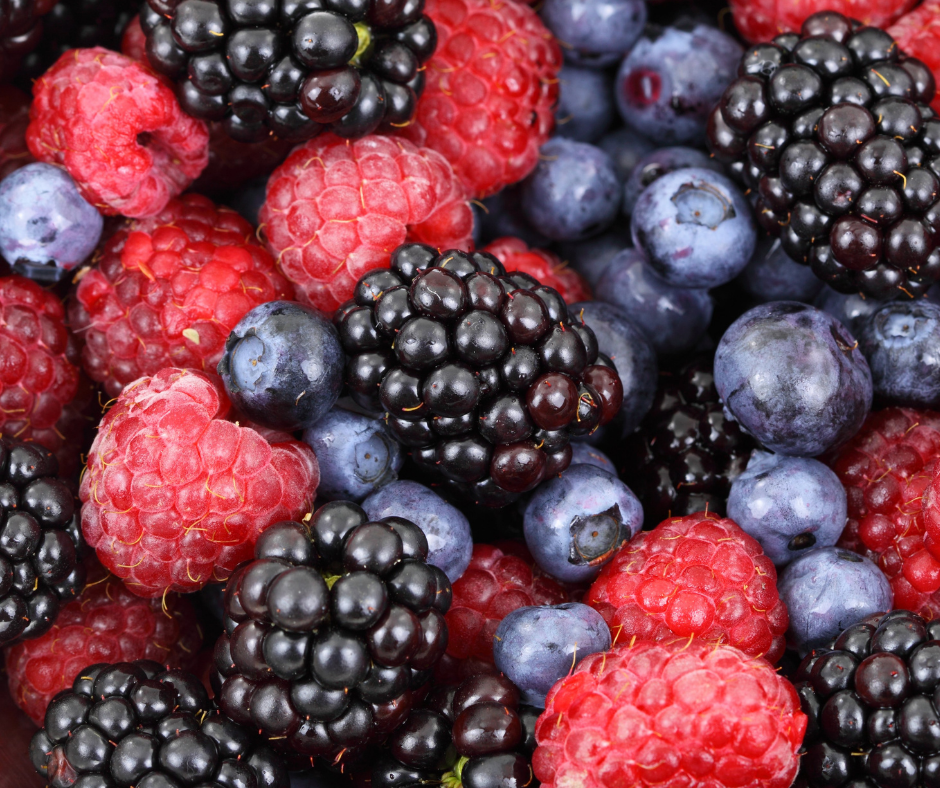
1. Berries
Especially the red and blue varieties, are remarkably potent, heart healthy warriors. Results of a meta-analysis study from 2016 found that berry consumption contributed to lower LDL (bad) cholesterol, blood pressure, and body mass index. Simply consuming 1 to 2 daily portions of either strawberries, raspberries or blueberries can reduce your risk of cardiovascular disease.
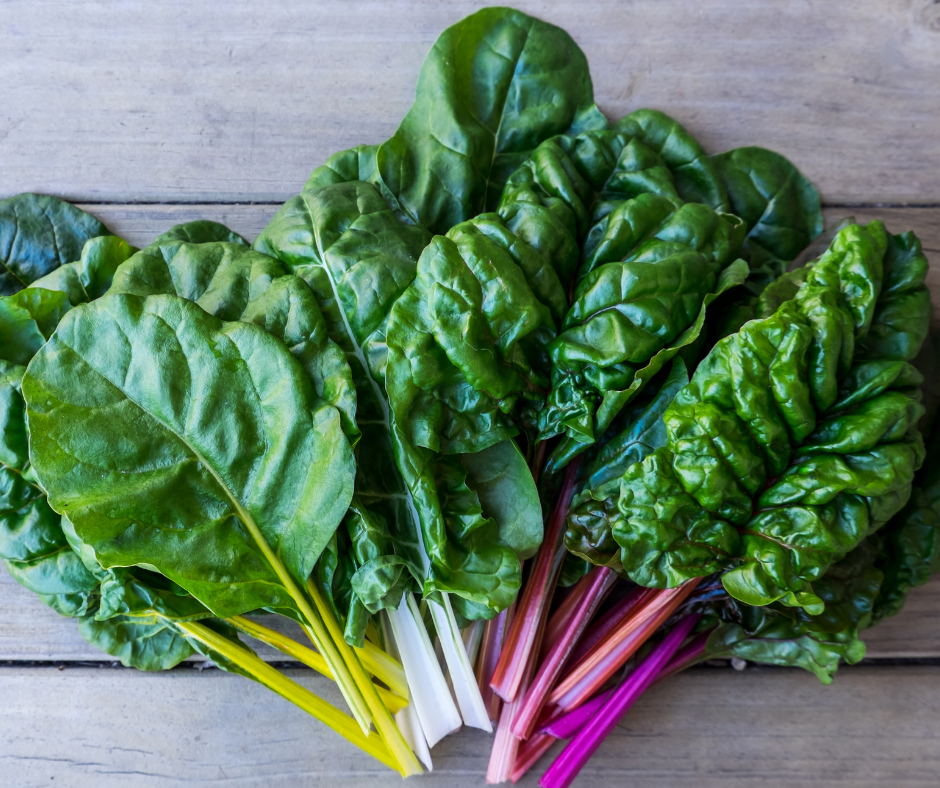
2. Leafy Greens
Famous spinach-lover, Popeye the Sailor, didn’t just get outwardly strong from eating his greens. He was unknowingly strengthening the most important muscle in his body: his heart! Leafy greens, such as spinach, collards, kale, beet greens, and dandelion greens contain an abundance of vitamin K, which helps decalcify blood vessels and protects the arteries. A meta-analysis study, published in JRSM Cardiovascular Disease, showed a 16% decrease in heart disease from a diet rich in leafy greens. To put that in context — a 16% reduction in heart disease deaths would save the lives of more than 97,000 people each year in the United States alone. So I say, “Bring on the greens!” What’s the best way to eat leafy greens? For best results, enjoy a combination of raw and cooked leafy greens for maximum nutritional benefits.
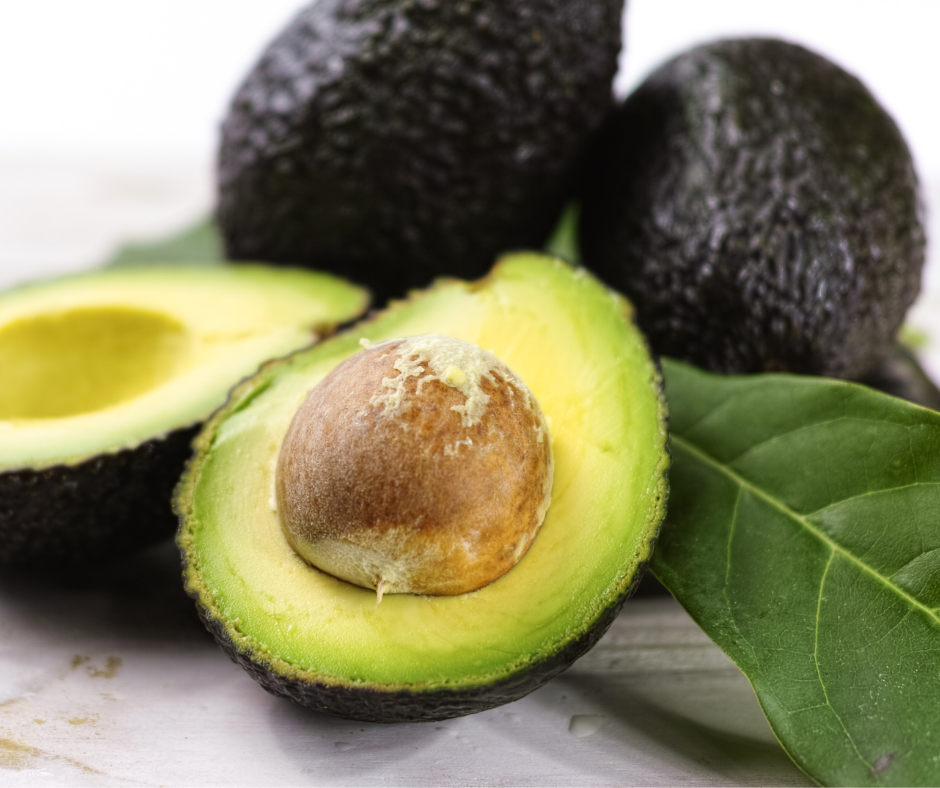
3. Avocados
Did you know that avocados have even more potassium than bananas? A single Hass avocado contains 33% of the daily recommended potassium intake. Potassium increases nitric oxide release, lowering blood pressure and improving the function of your arteries. Avocados also contain healthy monounsaturated fats, which can reduce LDL cholesterol and overall cardiovascular disease risk.
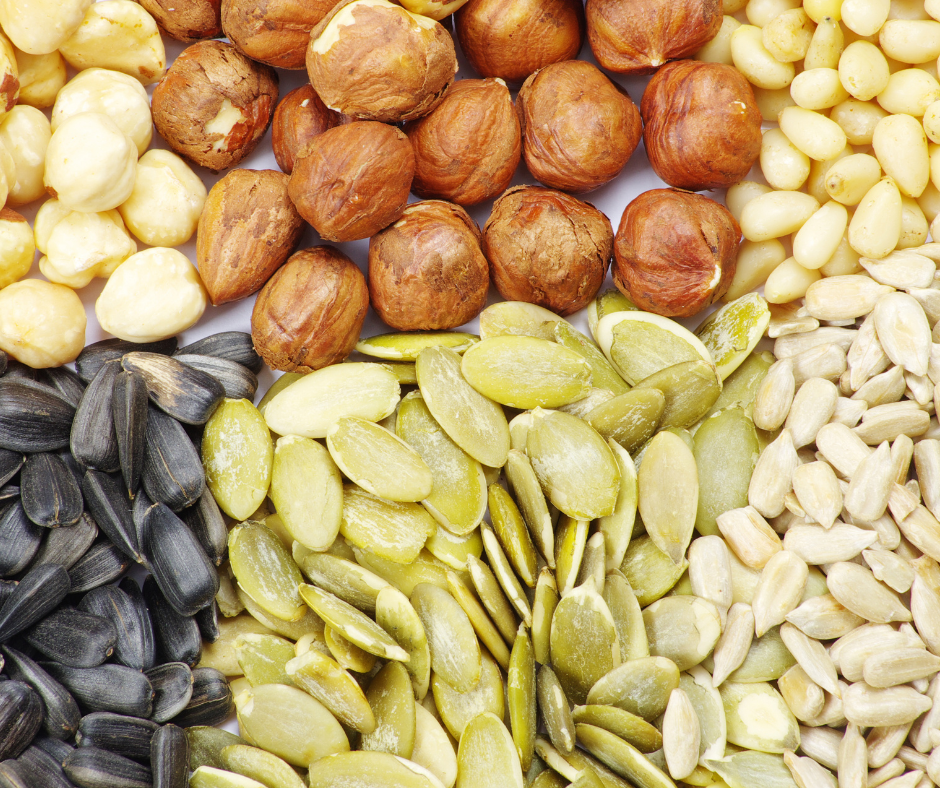
4 & 5. Nuts and Seeds
Nut and peanut butter consumption can protect your heart in a number of ways. (Note: peanuts aren’t, botanically-speaking, nuts. They’re legumes. But they’re used like nuts.) They’ve been shown to lower LDL cholesterol levels, reduce the risk of inflammation, decrease body weight and insulin resistance, and improve endothelial function. Walnuts, in particular, have been extensively studied for their positive effect on LDL cholesterol. Part of the reason may have to do with their high amounts of omega-3 fatty acids. Flax and chia seeds are also rich in healthy fats and are two of the best sources of plant-based omega-3’s, namely ALA — an essential fatty acid we can only get from food. How many nuts and seeds should you eat? One daily serving of nuts can reduce your risk of cardiovascular death by 39%. But, a little goes a long way with nuts and seeds due to their calorie density. Dr. Joel Fuhrman recommends 1-2 ounces of nuts and seeds per day (or more if you’re fit).
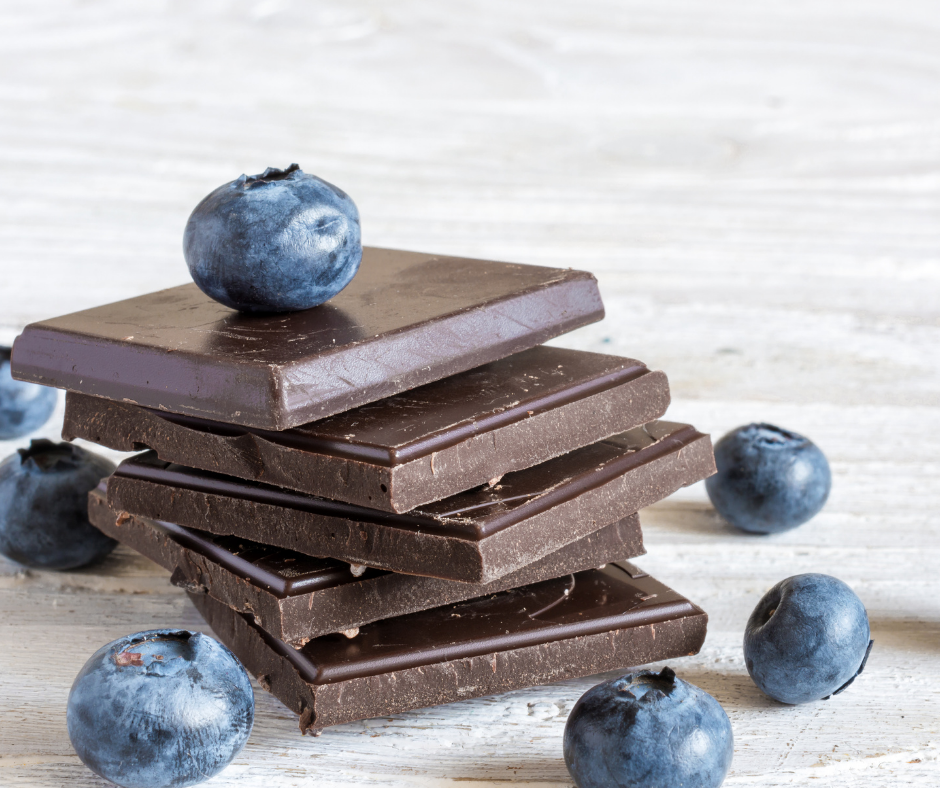
6. Dark Chocolate
Discovered over 2,000 years ago in Central and South America, the Latin name of the cacao tree, Theobroma cacao, means “food of the gods.” And it’s easy to see why. The antioxidants derived from the cacao tree, found in cocoa powder and dark chocolate, are more powerful even than “superfruits” like blueberries, acai, cranberry, and pomegranate. One study even showed that high levels of dark chocolate consumption reduced cardiovascular disease by 37%, type 2 diabetes by 31%, and stroke by 29%. Those are pretty significant numbers! How to choose the best chocolate: But even for all its benefits, keep in mind that most chocolate contains large amounts of sugar and dairy, which can mitigate its benefits. When it comes to your health, darker is better, so look for varieties that contain at least 72% cocoa. And as with many tropical foods, sourcing matters too. To avoid supporting farmer exploitation and child labor, I always encourage fair-trade-certified cocoa.
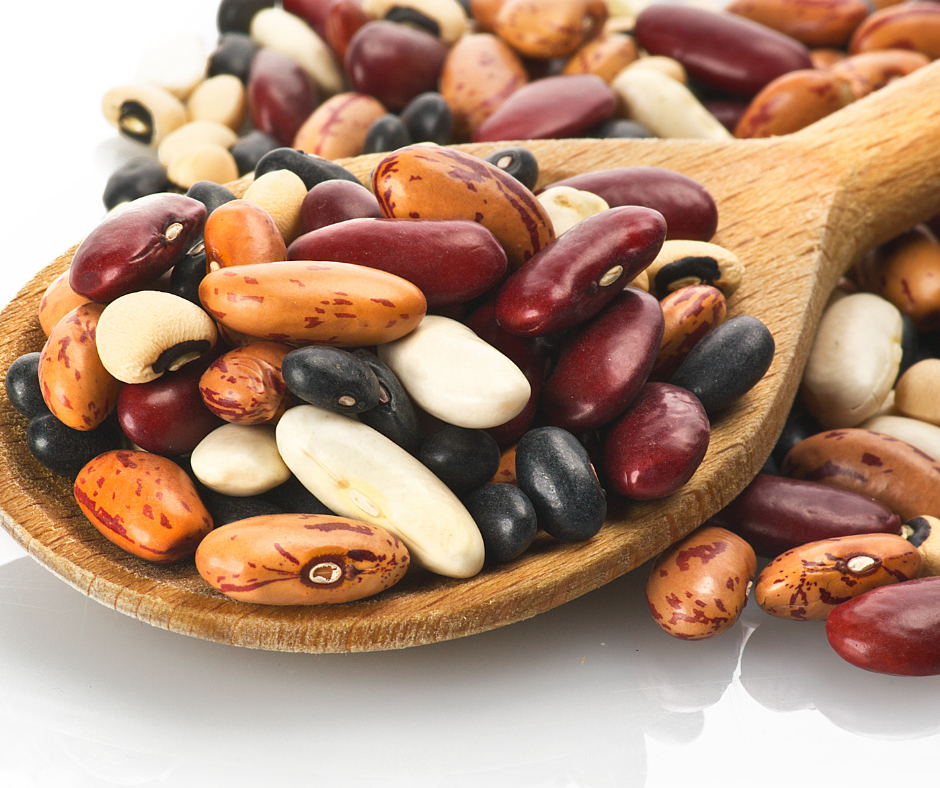
7. Beans
As a child, you may have heard the schoolyard song about beans being good for your heart. Little did you know, there’s actually some truth to that! Beans are high in a variety of vitamins, minerals, and fiber, making them a top heart-healthy food. Beans also contain phytochemicals that reduce inflammation and oxidative stress caused by a buildup of plaque and clogging of the arteries. Darker colored beans, such as adzuki beans and black beans, have the highest levels of phytochemicals. But all kinds of beans are highly nutritious and are excellent foods for heart health. Add them to soups and salads or prepare them as a main course with steamed veggies. Just one serving of beans per day can reduce your risk of heart attack by 38%, according to a 2005 study.
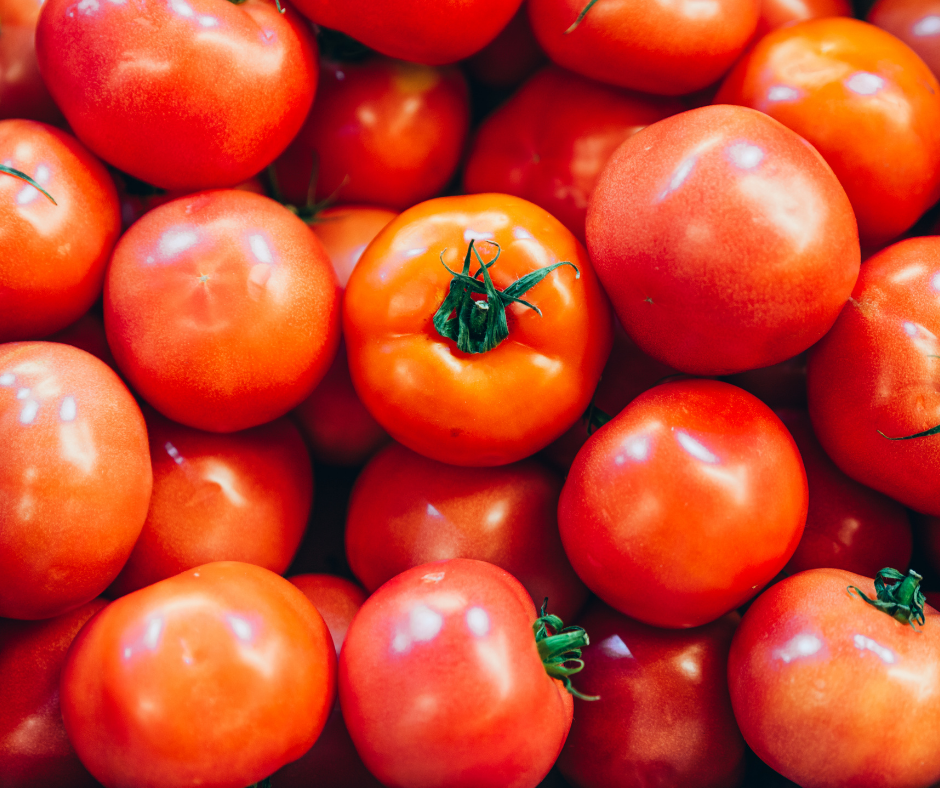
8. Tomatoes
Tomatoes are a rich source of lycopene, an antioxidant and carotenoid that gives them their red color. As an antioxidant, lycopene can lower inflammation in your body and prevent oxidative stress that contributes to heart disease. What’s the best way to eat tomatoes? Eating raw tomatoes was shown to increase HDL (the good cholesterol) in overweight women. But cooking tomatoes actually increases their nutritional benefits, releasing even more lycopene than what’s available in their raw state. Try including cooked tomatoes in stews, chilis, and stir-fries or as a topping on zucchini or butternut squash noodles.
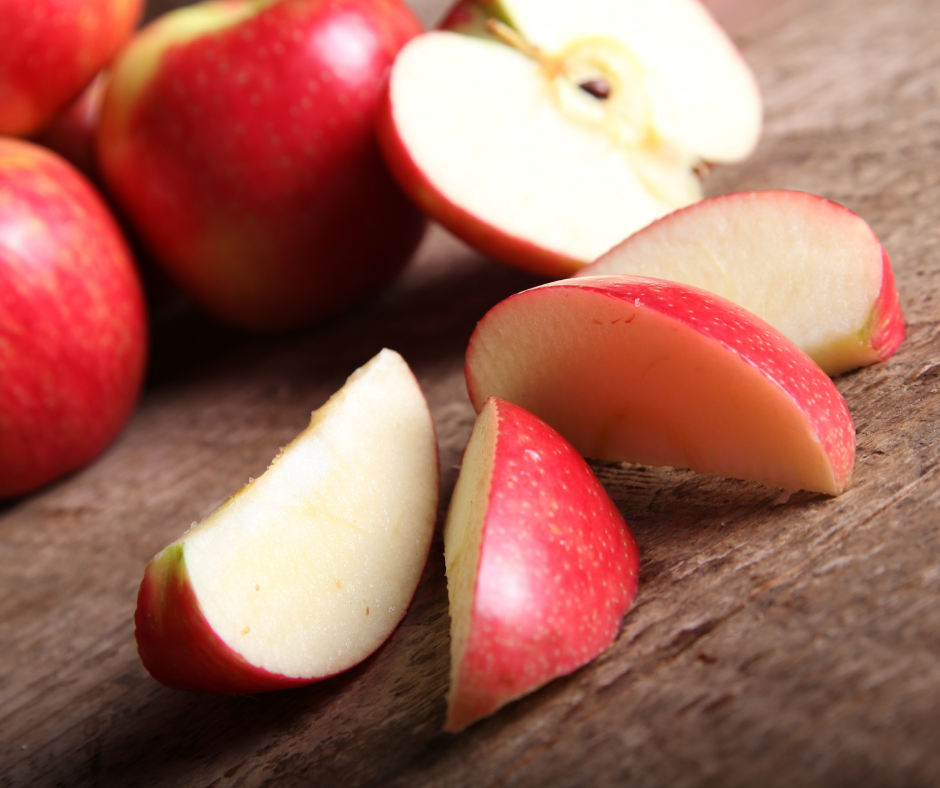
9. Apples
An apple a day may keep the cardiologist away. But why exactly is that? Apples contain pectin, a soluble fiber that blocks cholesterol absorption in your gut. Like beans, they also have polyphenols and other antioxidants that fight heart disease by lowering blood pressure and cholesterol. One study concluded that apples could be almost as effective at preventing heart disease deaths as statins, or cholesterol lowering drugs. Apples are a beneficial addition to any heart-healthy diet. What’s the best way to eat apples? They’re best eaten with the skin on because the skin provides most of the fiber and many of the other beneficial nutrients, too.
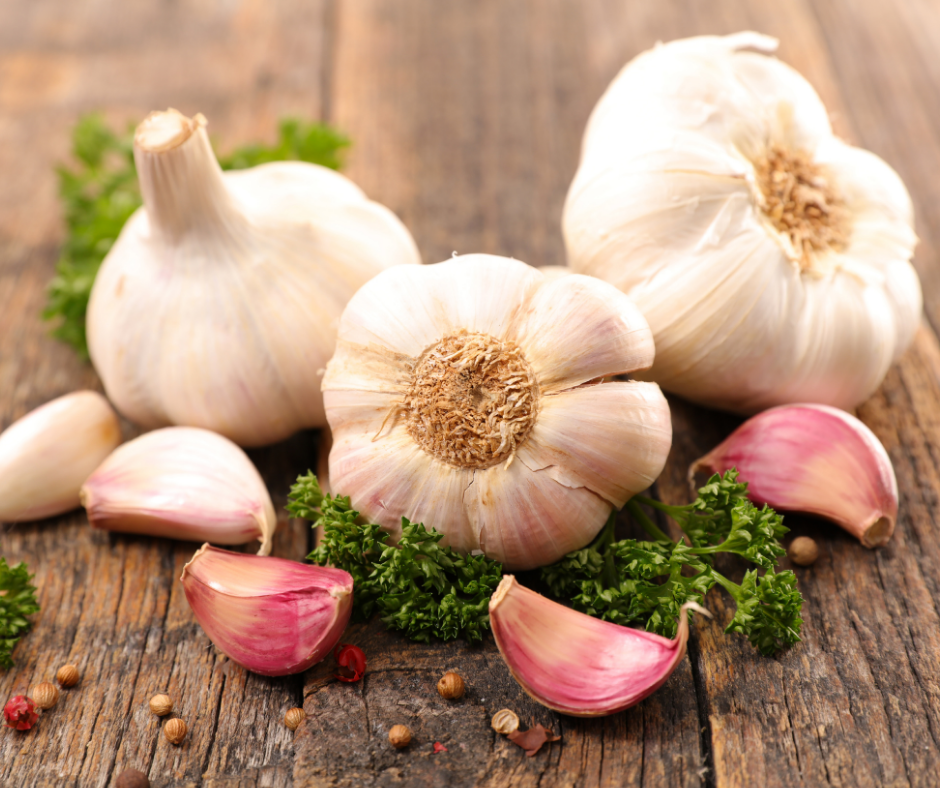
10. Garlic
Part of the allium family of vegetables, garlic has been used for centuries in cooking and medicine. Charaka, the father of Ayurvedic medicine, claimed that garlic maintains blood flow and strengthens the heart. Evidence exists from the National Health and Medical Research Council that ½ to a whole clove of garlic daily could lower blood cholesterol levels by up to 9%. Garlic extract has also shown anti-clotting and blood-pressure-lowering properties in studies.
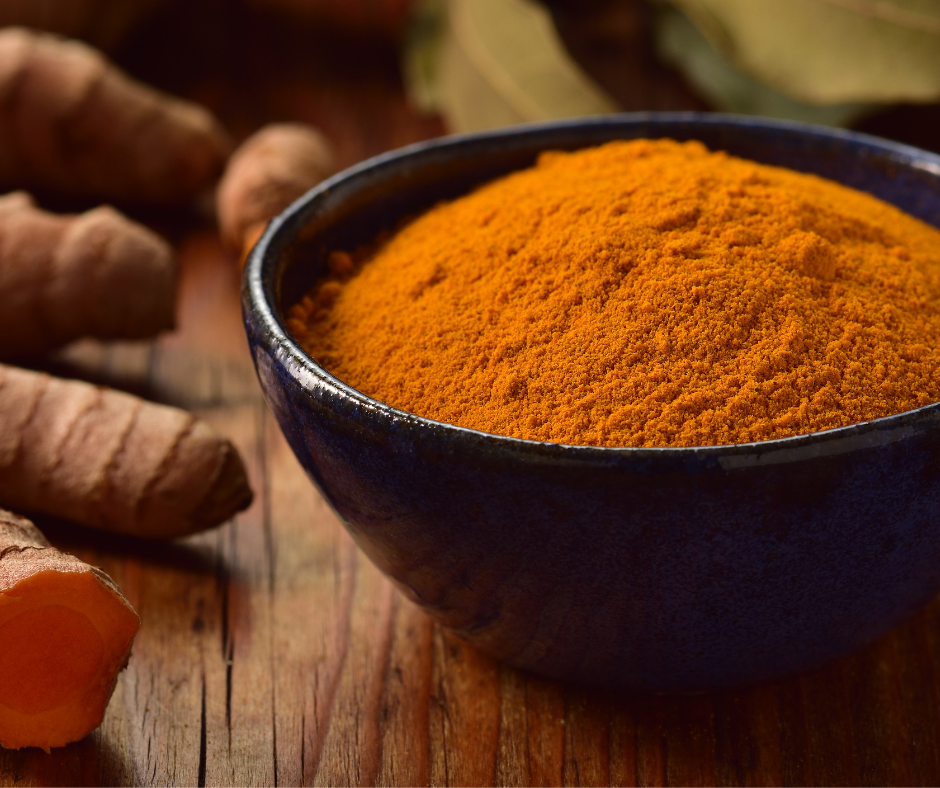
11. Tumeric
A major ingredient in Indian curries, the health benefits of turmeric are far-reaching due to a powerful polyphenol called curcumin. Curcumin is what gives turmeric its yellow color. And it also has a protective role against cardiovascular disease. The antioxidant effects of curcumin can prevent heart-related complications due to diabetes, lower LDL cholesterol levels, protect against atherosclerosis, and prevent heart failure and arrhythmias.
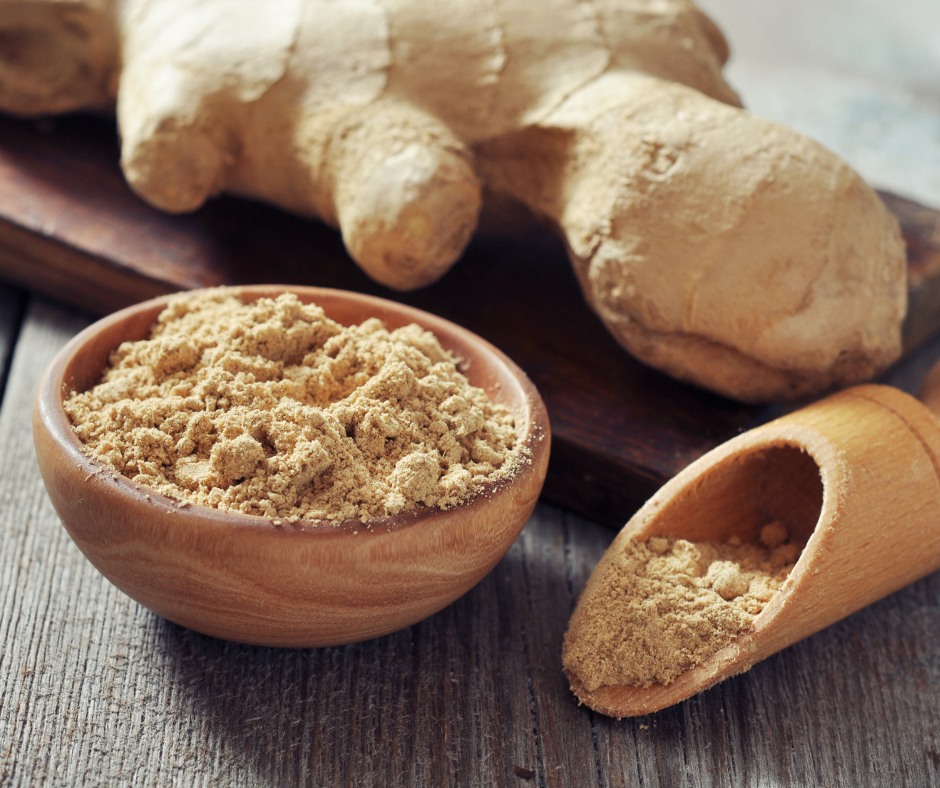
12. Ginger
A widely used medicinal spice, ginger is useful in treating a variety of chronic conditions, including heart disease. Ginger’s active component, gingerol, has powerful anti-inflammatory and antioxidant effects. In one study, mice who consumed a high dose of ginger extract for 10 weeks experienced a 76% reduction in cellular cholesterol. Another study with humans who took a 10 gram, one-time dose of dried ginger, saw a reduction in the formation of blood clots.
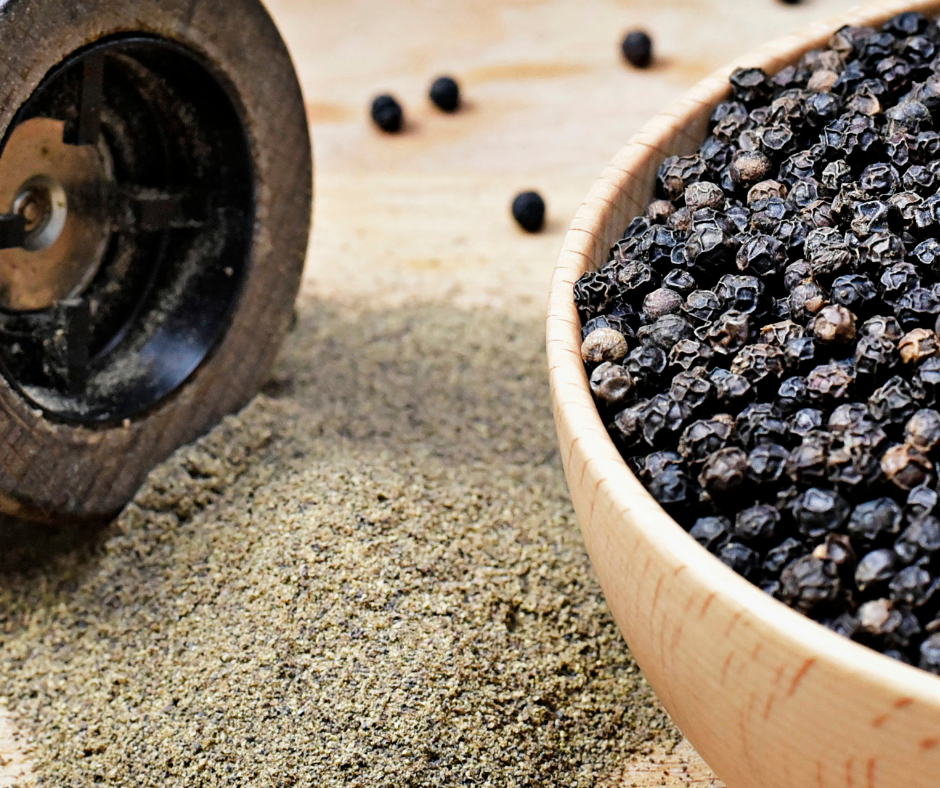
13. Black Pepper
Considered the “king of spices,” black pepper is rich in minerals including potassium, which helps control heart rate and blood pressure ― and zinc, an antioxidant with anti-inflammatory properties. It’s also a rich source of magnesium, which helps keep blood flow and blood vessels in tip-top shape. One study found that supplementation of black pepper in a high-fat diet increased HDL (good) and reduced LDL (bad) cholesterol levels, and reduced triglyceride levels.
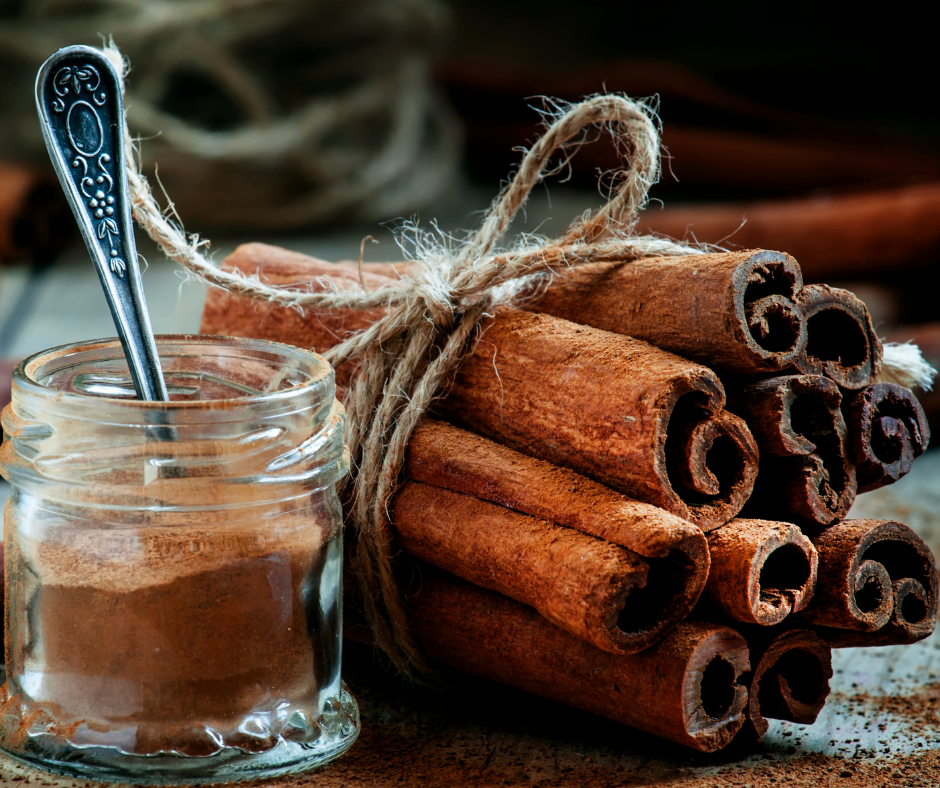
14. Cinnamon
Although today we associate cinnamon with foods like apple pie, its culinary and medicinal history goes back thousands of years. Arab traders brought it to Europe in limited supplies where the then expensive spice was considered a status symbol during the Middle Ages. Cinnamon is documented in both Indian Materia Medica and Indian Medicinal Plants – A Compendium of 500 species books, classifying the spice as an herbal drug with cardiovascular benefits. In recent studies, cinnamon has been shown to help manage obesity-related high cholesterol while also increasing nitric-oxide levels.
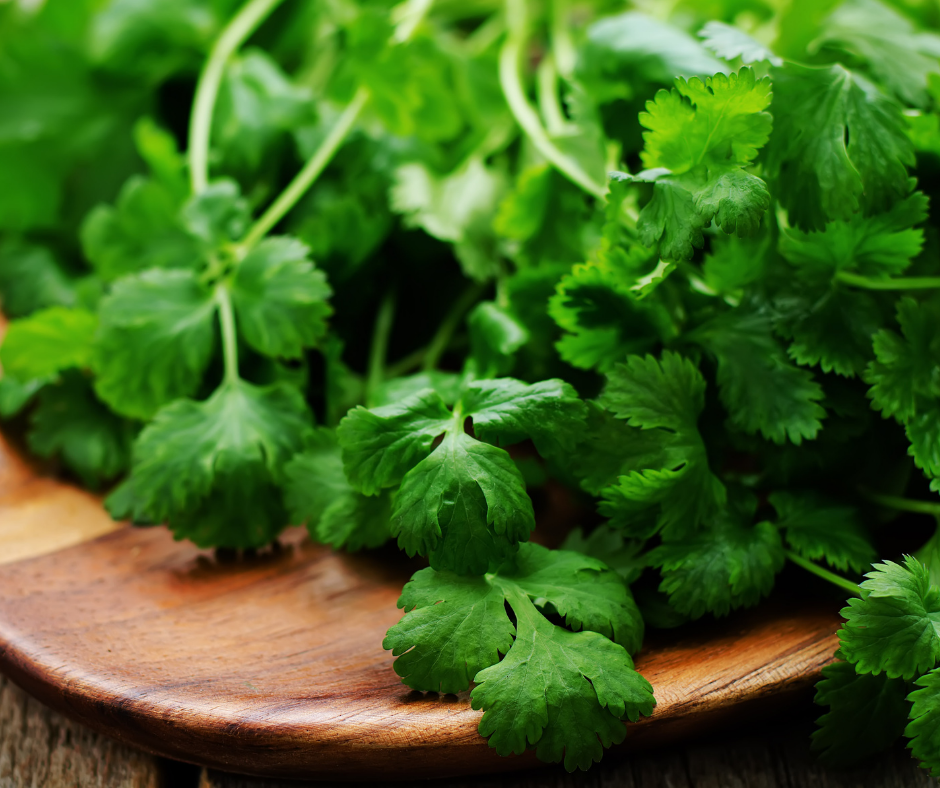
15. Coriander
Coriander has a long and well-documented history as a treatment for cholesterol. The seeds of coriander are especially good at lowering cholesterol, which has been documented in a few different studies. One study on rats showed a significant decrease in total cholesterol and triglycerides while HDL (good) cholesterol levels increased. Another study using coriander and curry leaves found they help prevent blood clots caused by heart disease. Let Food Be Thy Medicine Many of the foods mentioned here aren’t only good for heart health. They’re also beneficial in fighting other diseases and chronic conditions, such as cancer, type 2 diabetes, and Alzheimer’s.
Resource: Food Revolution Network, Inc. https://www.foodrevolutionsummit.org/heart/


